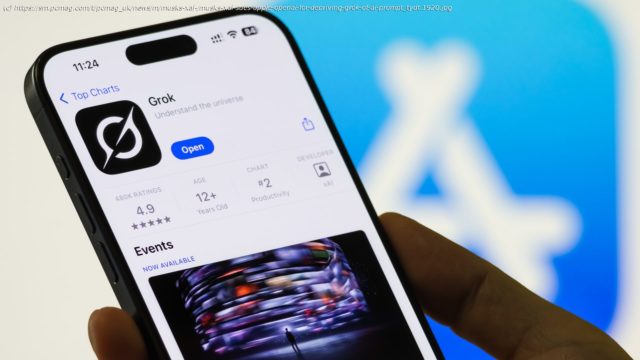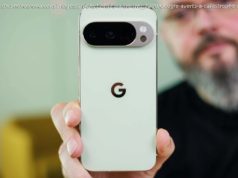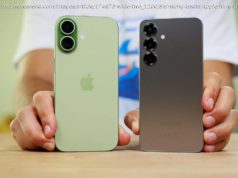Apple’s ChatGPT integration and its App Store policies ‚protect its monopoly in smartphones,‘ reducing xAI’s visibility and, ultimately, its revenue, according to a lawsuit filed by the AI startup.
Don’t miss out on our latest stories. Add PCMag as a preferred source on Google.
UPDATE 8/25: Elon Musk’s xAI officially filed suit against OpenAI and Apple today, arguing that the companies are „monopolists“ working „to ensure their continued dominance“ amid the rapid growth of AI and denying xAI the ability to grow its business.
Apple is leaning on OpenAI via an Apple Intelligence integration „to protect its monopoly in smartphones“, xAI argues. The suit points to May comments from Eddy Cue, Apple’s SVP of services, who said during Google’s search-related antitrust case that, „You may not need an iPhone 10 years from now, as crazy as it sounds“, in part due to AI.
Apple is prioritizing OpenAI in its App Store and „deprioritizing the apps of competing generative AI chatbots and super apps in its App Store rankings, and it has dragged out its App Store app review processes“, the lawsuit says. (The suit defines „super apps“ as platforms that don’t tie users to a particular device, a longtime goal of Musk’s.)
Apple execs said last year that the company is open to adding access to other rival AIs, including Gemini, which might happen this year, Google CEO Sundar Pichai says. The lawsuit focuses on the fact that Gemini was not an option when Apple Intelligence launched, adding, „xAI has asked Apple to integrate Grok with iOS, but Grok has not been allowed to do so.“
For now, Grok and Gemini are available as standalone iOS apps. However, the suit alleges that X’s apps receive less promotion in the App Store—including Apple’s curated „Must Have“ app lists—than ChatGPT because of Apple’s deal with OpenAI. Apple denies any favoritism.
The lawsuit argues that Apple’s huge iPhone user base means more people will use ChatGPT over Grok, giving OpenAI an edge when it comes to „prompt volume.






